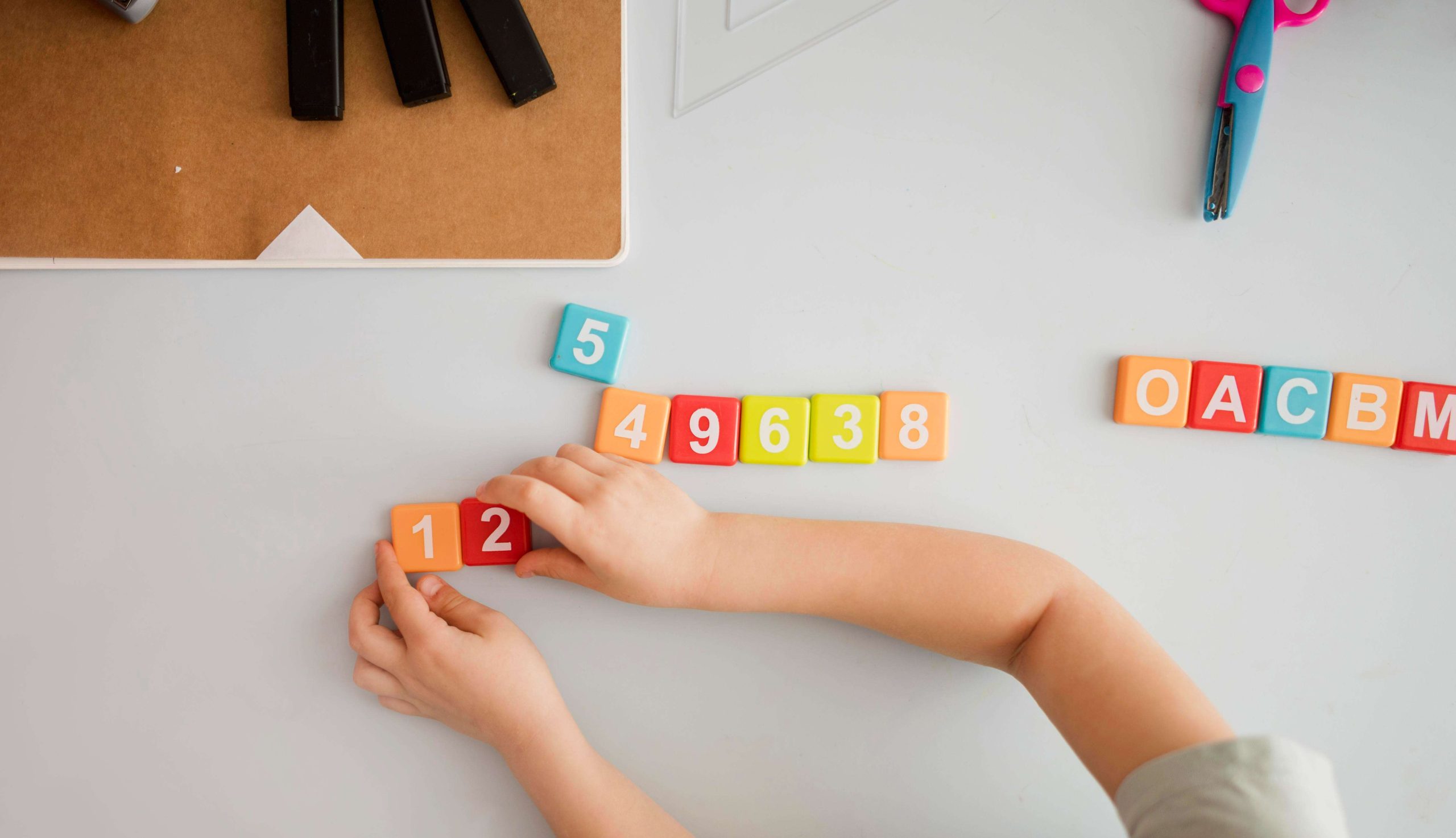Introduction
Importance of Early Math Education
Benefits of Rolling the Dice
Developing Number Sense
Improving Math Fluency
Enhancing Problem-Solving Skills
Building Social Skills
Variations of Rolling the Dice
Dice Race
Roll and Cover
Roll and Color
Roll and Move
Rolling the Dice Activities
Counting
Addition
Comparison
Subtraction
Additional Benefits of Rolling the Dice
Positive Attitude Towards Math
Development of Social Skills
Identification of Math Support Needs
Incorporating Rolling the Dice Into Daily Routines
At Home
In the Classroom
Advanced Modifications and Combinations
Increasing Complexity
Combining with Other Learning Activities
Other Math Games and Activities
Sorting and Classifying Objects
Counting and Matching
Using Manipulatives
Patterning Activities
Number Recognition Games
Benefits of Math Games and Activities
Develops Critical Thinking Skills
Builds Social Skills
Enhances Confidence
Supports Language Development
Improves Fine Motor Skills
Conclusion
Importance of Engaging Preschoolers in Math Games
Individualized Pace of Learning
Making Math Fun and Engaging
